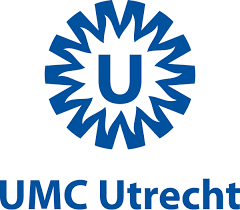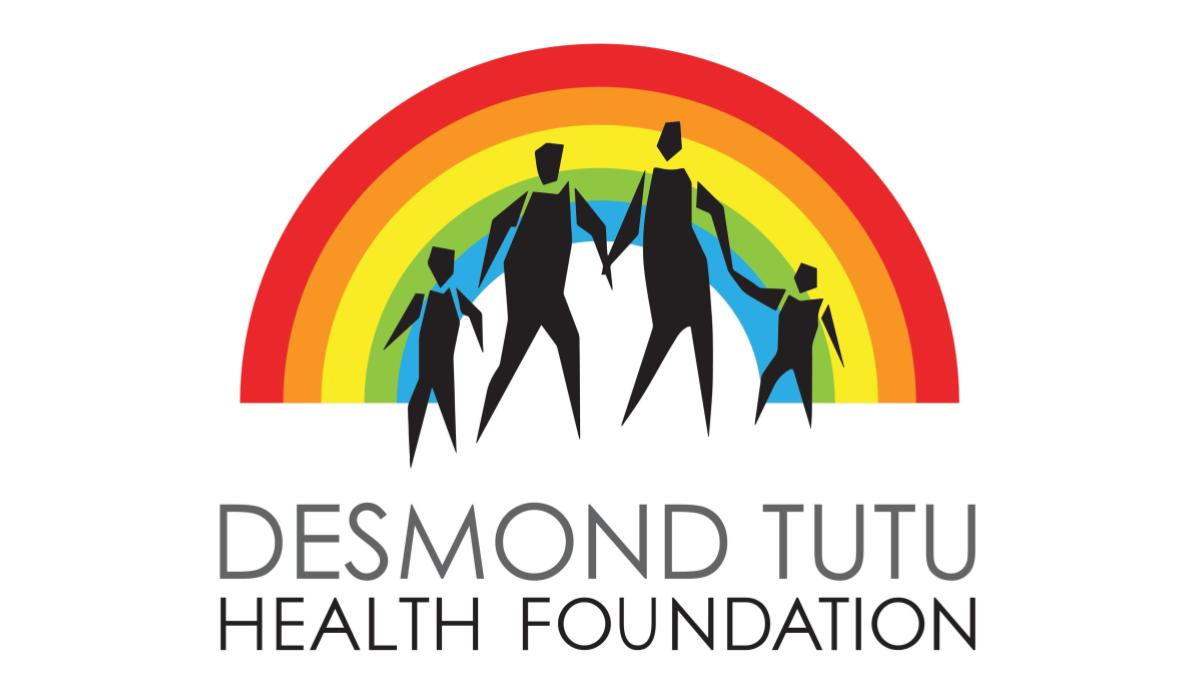Supporting Development of Novel Devices to Prevention HIV and Sexually Transmitted Infections in women and girls: validation of a novel point-of-care Genital Inflammation Test (GIFT)








Why GIFT?
Researchers in South Africa have established women with asymptomatic sexually transmitted infections (STIs) and bacterial vaginosis — a disturbance of healthy bacterial communities — have levels of vaginal inflammation similar to women with symptoms.
Despite most STIs and bacterial vaginosis being treatable, most women in resource-limited settings like Zimbabwe only seek treatment if they have symptoms because of the cost of testing.
This is a public health threat for women in high HIV prevalence settings as this type of inflammation makes it easier for HIV infection to occur. If left untreated it can also lead to pelvic inflammatory disease, pre-term labour, fallopian tube injury, scarring of the upper reproductive tract and infertility.
Aiming to develop a low-cost diagnostic, the GIFT team began by identifying and evaluating biomarkers of inflammation. Then it turned its attention to the development of a device to measure the biomarkers.
GIFT Aims
The Genital Inflammation Test (GIFT) study aims to validate a novel point-of-care device developed by researchers at the University of Cape Town (UCT) to improve cost-effective access to testing for genital inflammation by women and girls. GIFT is a multi-country collaboration led by UCT led almost entirely by female researchers (Principal Investigators Prof Jo-Ann Passmore of UCT and Dr Lindi Masson of the Burnet Institute). The study aims to test the Genital Inflammation Test (GIFT) in a clinical trial setting among women from South Africa, Madagascar, and Zimbabwe.
In Zimbabwe, OPHID is implementing the GIFT study in collaboration with The Health Research Unit at the Biomedical Research and Training Institute.
Potential Impact of GIFT on sexual health of women and girls
GIFT could improve the health of women in Africa and other regions where syndromic management is implemented. Averting even a small proportion of HIV infections and adverse birth outcomes linked to undetected but inflammatory sexually transmitted infections and bacterial vaginosis would have a massive economic and social impact.
With programs at scale supporting HIV prevention, care and treatment and sexual and reproductive health, if validated, innovations such as GIFT could be rapidly scaled in OPHID programs.
Such improved access to identification of treatable infections could prevent HIV, improve fertility and sexual health of women and girls in Zimbabwe – a potentially game changing ‘’GIFT” to millions of women.